Mars’ Crust Structure Is Like a Layer Cake, NASA Scientists Say
With red frosting?

And he's absolutely right.

Looks like SpaceX is making moves.
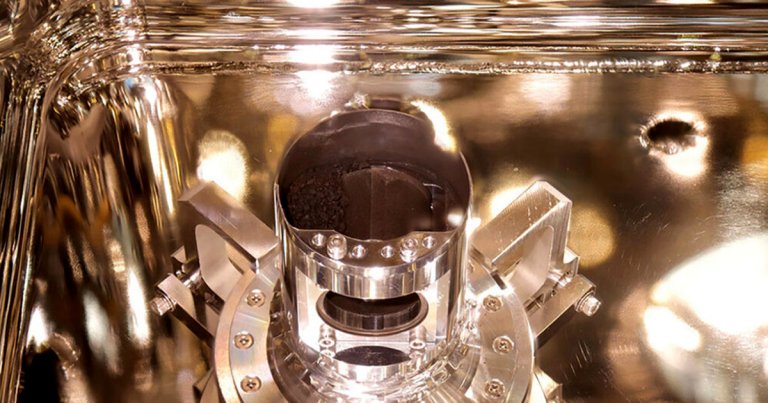
The samples seemingly contain "organic matter."

"Today's authorization is a major milestone in diagnostic testing for COVID-19."
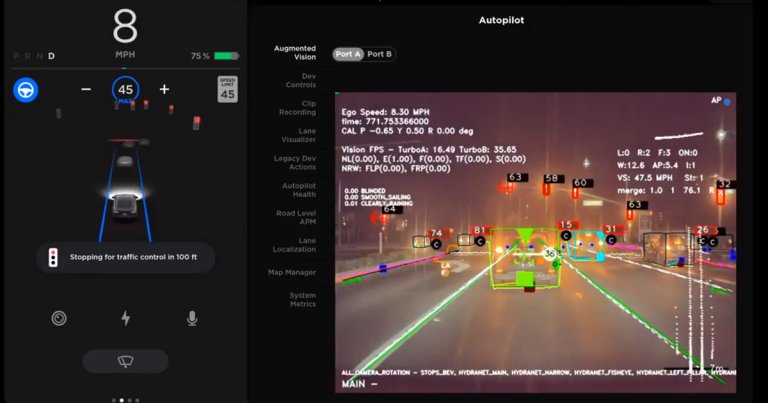
There appear to be numerous upcoming self-driving features buried in Tesla's code.
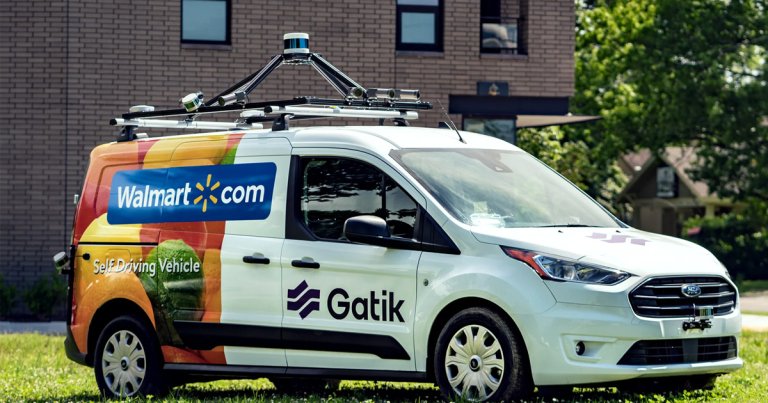
It's been working toward this for years.
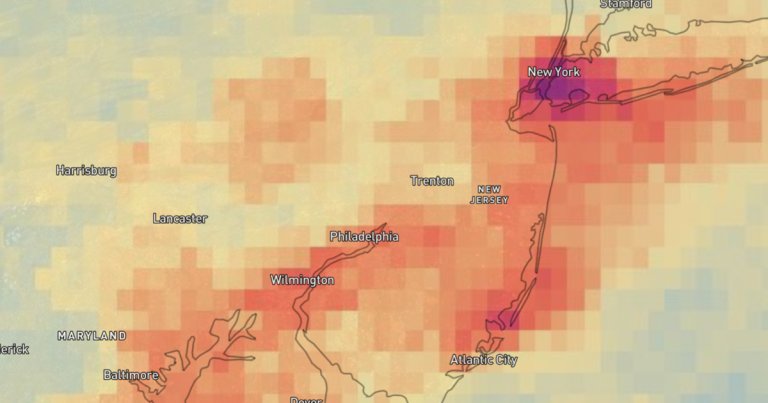
"The sky seemed a little bluer, the air a little fresher, the animals in our yards more abundant."
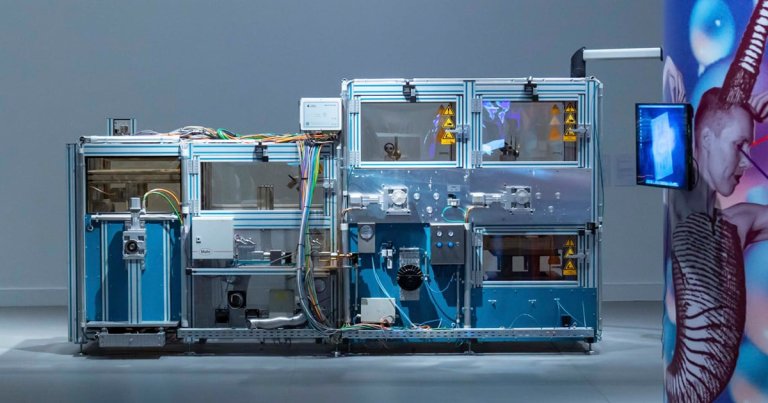
A system made for filtering astronaut urine could provide clean water around the world.
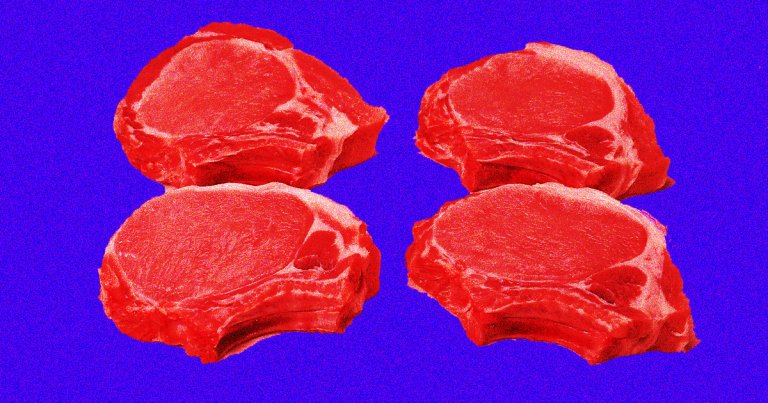
Oh yeah, and they might use them for organ transplants.
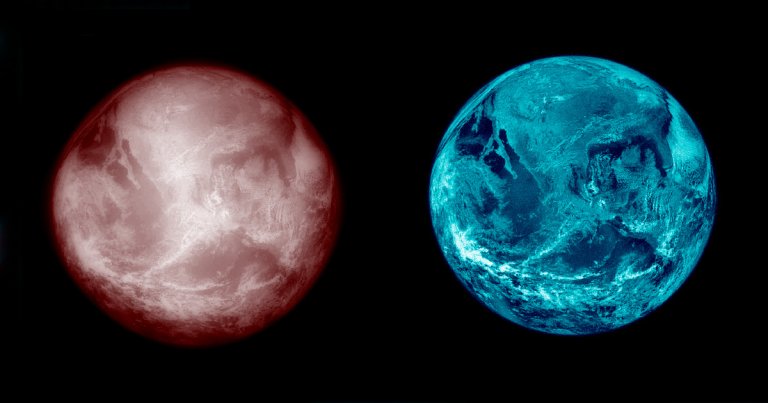
A NASA scientist has an idea to snap incredible photos of planets in other star systems.
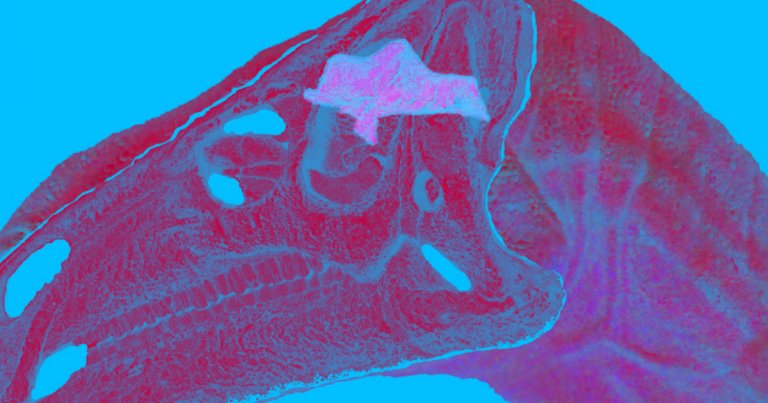
Your scientists were so preoccupied with whether or not they could...
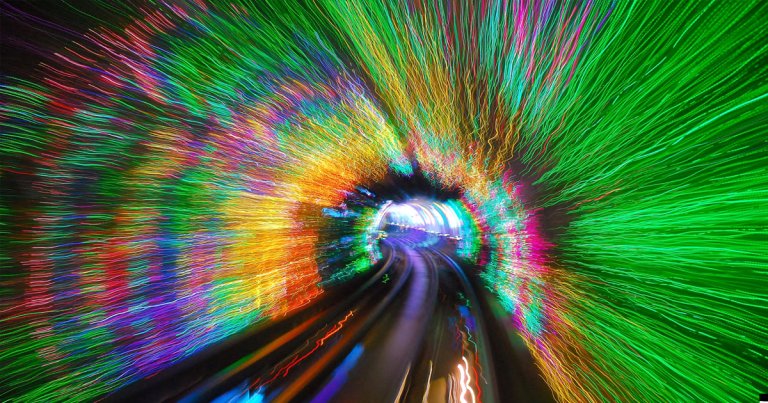
"Researchers fear our solar system is being interfered with by alien space lasers."
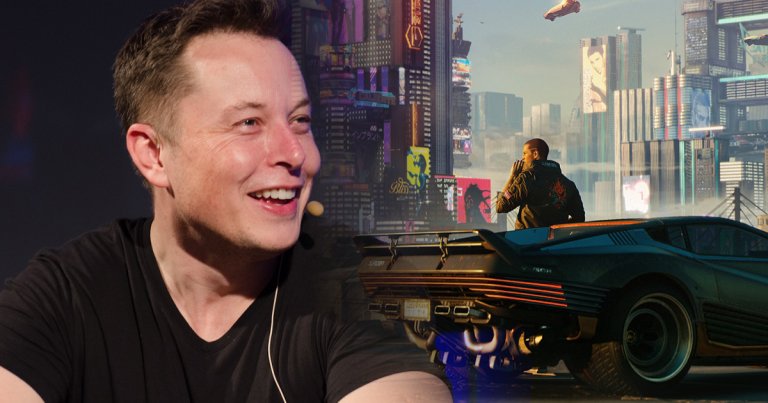
"I cried myself to sleep and haven't been able to function."
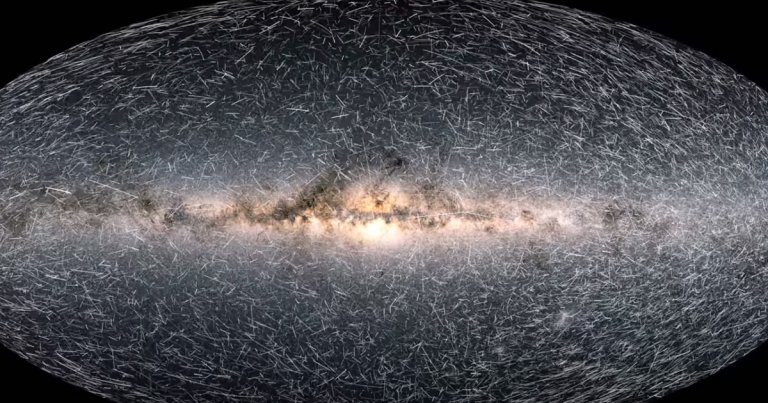
Our whole galaxy — in the palm of your hand.

He's also worked on vehicles for BMW, Maserati and Fiat — and he's not impressed with the Cybertruck.

This new material could store energy from the Sun for months at a time.